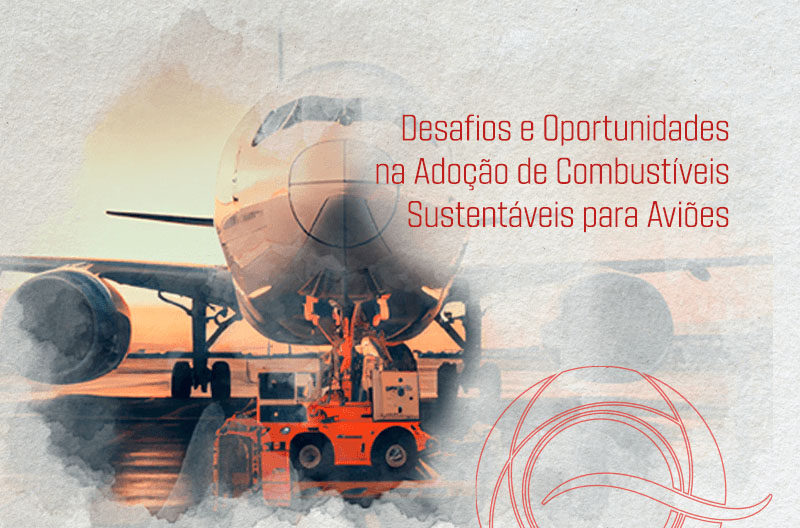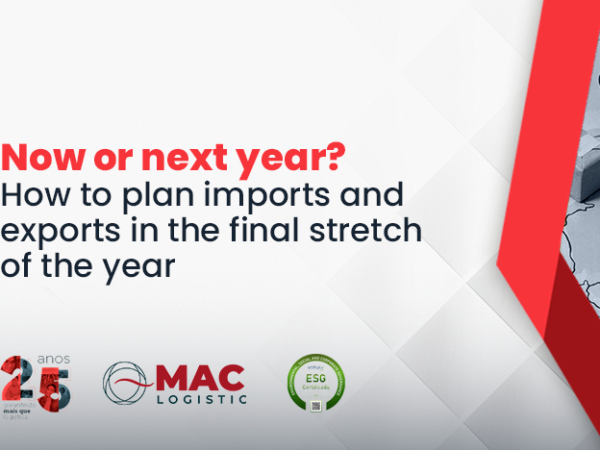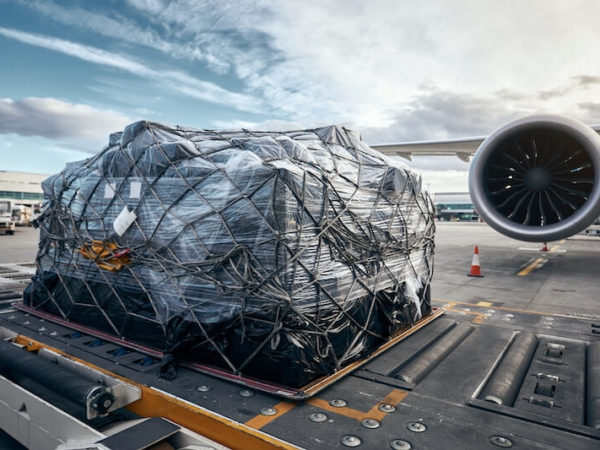
Global environmental challenges are driving the aviation industry to seek more sustainable alternatives to conventional fuels. In this context, Sustainable Aviation Fuels (SAFs) are emerging as a promising solution for mitigating the carbon emissions associated with airline operations.
SAFs are biofuels or synthetic fuels that aim to partially or totally replace the fossil fuels used in aviation. They are produced from renewable resources such as biomass, organic waste, or through chemical processes using renewable energy.
The main advantage of SAFs is the significant reduction in carbon emissions compared to conventional fuels. Studies indicate that the use of SAFs can reduce net CO2 emissions by up to 80% over their life cycle, thus contributing to climate change mitigation.
Despite their environmental potential, SAFs face technological and economic challenges. Large-scale production is still a barrier, as manufacturing processes are often complex and expensive. In addition, it is necessary to develop infrastructure for the distribution and storage of these new fuels, which implies significant investments.
The successful implementation of SAFs also raises socio-economic issues, such as competition for agricultural resources between food production and biofuels. It is imperative to develop strategies that ensure SAF production is sustainable and ethical, minimizing negative impacts on food security and land use.
The creation of favorable policies and regulations is crucial to boost the adoption of SAFs. Tax incentives, subsidies and emission reduction targets can be effective tools to stimulate investment and accelerate the transition to greener aviation.
SAFs represent a key piece in the sustainable aviation puzzle. Although they face challenges, their potential to significantly reduce carbon emissions and decrease dependence on fossil fuels is undeniable. Collaboration between governments, industry and society is essential to overcome technological, economic and social obstacles, ensuring that SAFs play a vital role in building a more sustainable future for aviation.



